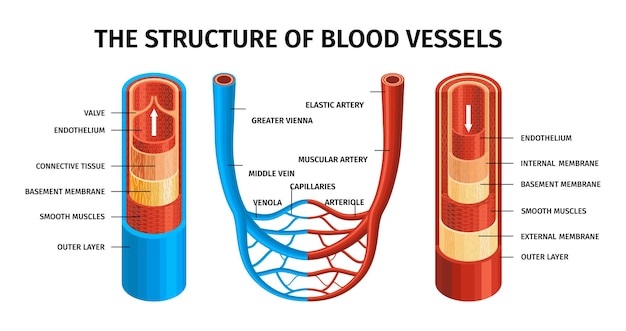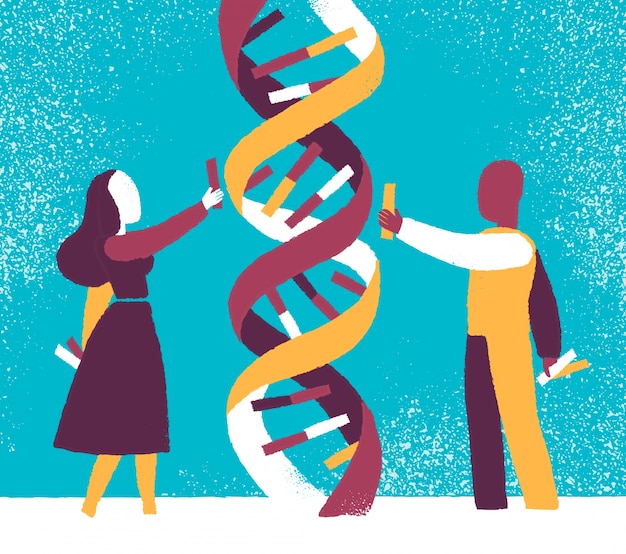I never thought much about genetics when I was younger. Like many people, I assumed that health was mostly about lifestyle—what I ate, how much I exercised, and whether I got enough sleep. But when your family history includes a father who survived a widowmaker heart attack in his 50s and a mother’s side riddled with BRCA-related breast cancer, ignoring your DNA is no longer an option.
My dad’s heart attack was a wake-up call for our entire family. The term 'widowmaker' isn’t used lightly—it refers to a complete blockage of the left anterior descending (LAD) artery, one of the most critical vessels supplying blood to the heart. Survival rates are low without immediate intervention. Thankfully, he received prompt medical care and pulled through. But his recovery wasn’t just about luck—it was a signal that our family needed to take preventive health seriously.
On my mother’s side, the BRCA gene mutation has affected multiple relatives. BRCA1 and BRCA2 are tumor suppressor genes that, when mutated, significantly increase the risk of breast, ovarian, and other cancers. Knowing this genetic legacy looms over me has pushed me to seek answers—not out of fear, but out of empowerment.
Doctors have advised me to stay vigilant. For heart health, that means regular cholesterol checks, blood pressure monitoring, and stress tests. For cancer risk, it means earlier and more frequent screenings, and potentially genetic testing to determine if I carry the BRCA mutation.

Knowledge is power, and I’ve used mine to build a proactive health strategy. Here’s what I’ve incorporated into my life:
I schedule annual physicals that include advanced lipid panels, C-reactive protein tests (to measure inflammation), and coronary calcium scoring to detect early signs of heart disease. For cancer, I’ve started mammograms earlier than the general guidelines suggest and consult with specialists about breast MRI options.
I met with a certified genetic counselor to understand the implications of BRCA testing. After careful consideration, I decided to undergo testing. Whether the result is positive or negative, it will guide my future health decisions—from surveillance to preventive measures.
I’ve adopted a Mediterranean-style diet rich in vegetables, whole grains, fatty fish, nuts, and olive oil. I’ve cut back on processed foods, red meat, and added sugars. Regular aerobic exercise—like brisk walking, swimming, and cycling—has become non-negotiable. I aim for at least 150 minutes per week.

Living with heightened health risks can be emotionally taxing. I’ve found support through therapy and peer groups for individuals with hereditary cancer syndromes. Managing stress through mindfulness, meditation, and quality sleep is now part of my routine—not optional extras.
Many people don’t realize that family history is one of the strongest predictors of future health issues. According to the CDC, having a close relative with heart disease or certain cancers can double or even triple your risk. Yet, only about one-third of Americans know their family health history well enough to share with their doctors.
I’ve taken the time to document my family’s medical history, going back two generations. This information is now part of my permanent medical record and helps inform every clinical decision.
Talking about illness, especially cancer and heart disease, can feel uncomfortable. But silence doesn’t protect anyone. By opening up with my family, I’ve encouraged cousins, siblings, and even older relatives to consider their own risks and get screened. Knowledge shared is lives potentially saved.
If you have a family history of serious conditions, don’t wait for symptoms. Talk to your doctor. Ask about genetic counseling. Advocate for earlier or more frequent screenings. Your future self will thank you.
I can’t change my genes. But I can control how I respond to them. My father’s survival taught me that timely action saves lives. My mother’s family history reminds me that prevention is powerful.
Taking charge of your health isn’t about living in fear—it’s about living with intention. With the right tools, support, and mindset, even the most daunting genetic risks can be managed. And sometimes, that’s the most courageous thing you can do.

Health

Health

Health

Health

Health

Health

Health

Health

Health

Health

Health

Health

Health

Fitness

Health

Health